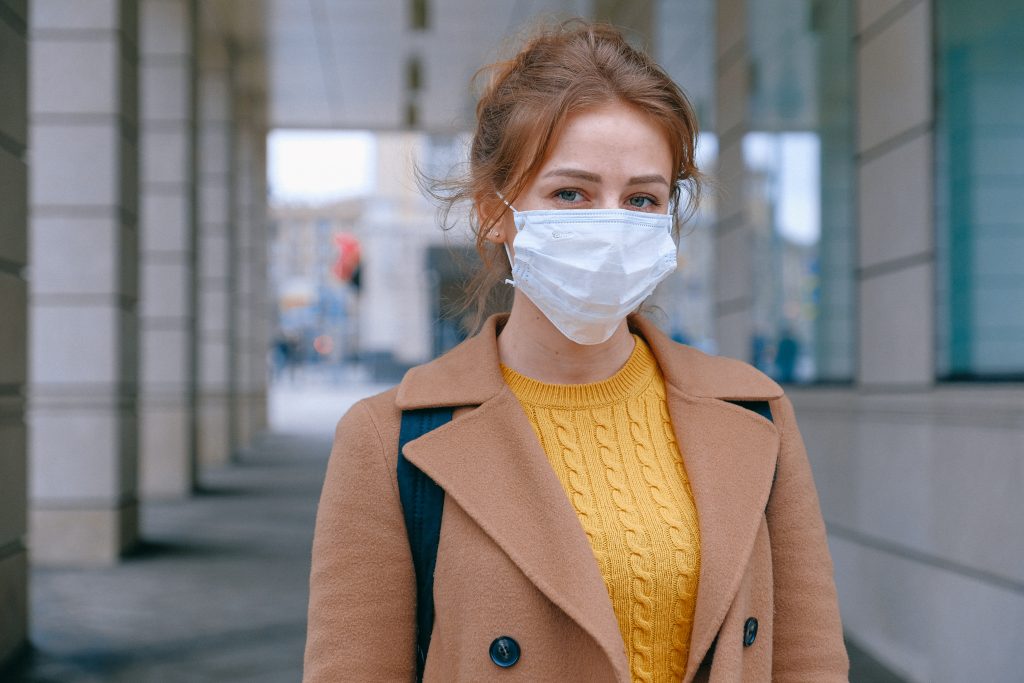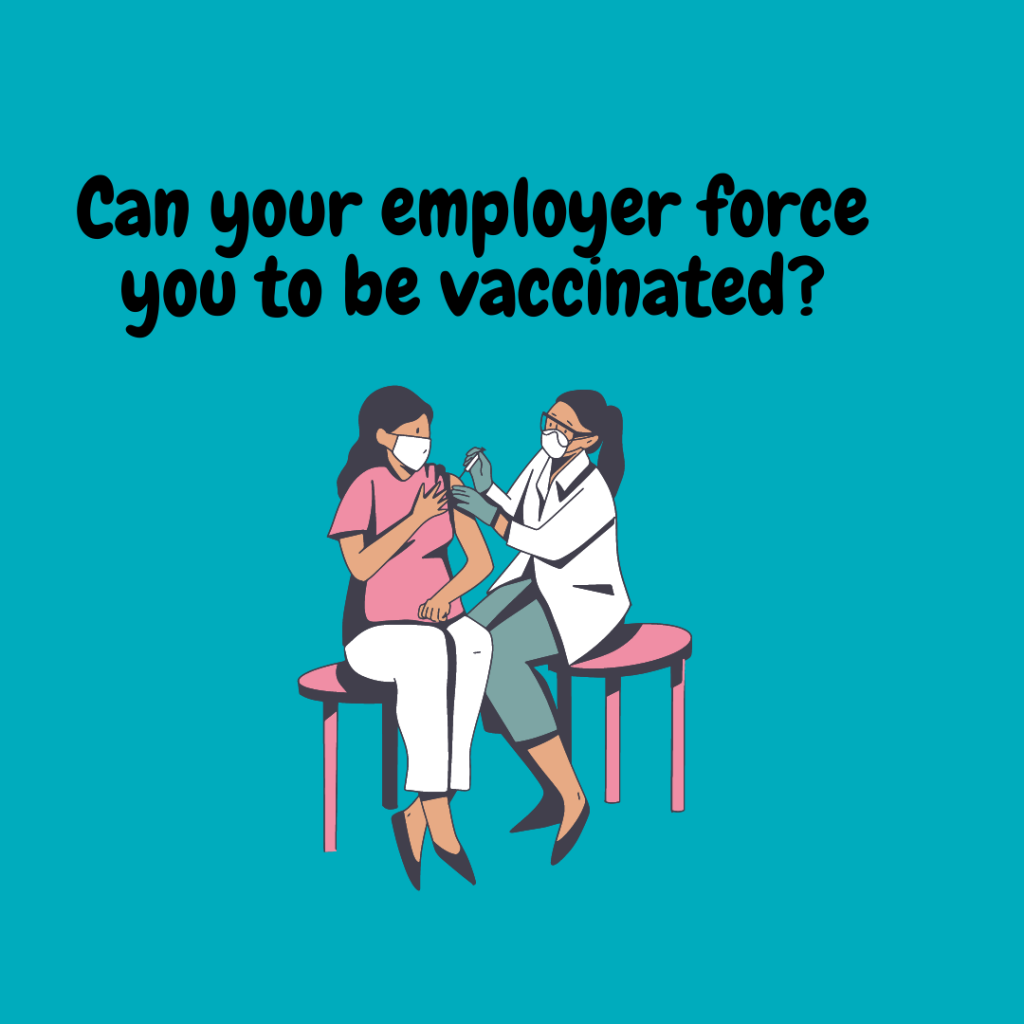
How will the coronavirus impact my job?
Coronavirus (COVID-19) is a respiratory illness caused by a new virus. Symptoms range from a mild cough to pneumonia. Some people recover easily, others may get very sick very quickly. There is evidence that it spreads from person to person through actions such as coughing, sneezing or contact.
The coronavirus has spread quickly and has caused great concern internationally, and presents many challenges here for us in Australia. Even Tom Hanks has coronavirus!
One of the biggest questions for employees is how will the coronavirus impact my job.
Employment law and coronavirus
This article will answer some of the most common questions about coronavirus and employment law. Please keep in mind that information about the coronavirus is constantly being updated. You should seek information from trusted sources only including the Australian Government, World Health Organisation and the Australian Medical Association.
Can my employer direct me to stay home?
Employers have a duty to provide and maintain a safe workplace without risks to the health and safety of employees. This includes managing the risk of exposure to coronavirus from other employees or clients.
Your employer may ask you to declare any upcoming or recent travel so they can better assess the risks to health and safety arising from staff movements generally. This is a lawful and reasonable direction, and should be complied with.
This may mean directing employees to work from home (if possible) or otherwise to stay home in order to prevent the spread of coronavirus.
If an employer directs you to work from home or stay at home to prevent the spread, it is a lawful and reasonable direction and it should be followed. An employee who is the subject of this direction will ordinarily be entitled to full pay (if they are otherwise ready, willing and able to perform their role).
If you are a casual employee, remember that you do not have any entitlement to work beyond your last shift. This means that an employer can ask you not to come to work, and you will not be entitled to any payment of wages or leave. You should consider whether you are a true casual or have a right to convert to permanent employment. You can read more about that here
What happens if I am isolated/directed to self-isolate by the government?
If your employer has not directed you to stay at home, but you wish to do so as a precaution – the first step is to speak with them about the ability to work from home to prevent the risk of catching the coronavirus.
If your employer does not allow you to work from home, or you are unable to, and you still wish to stay home to prevent catching the coronavirus, you will be required to use your own paid leave (annual leave or long service leave) to cover this period, or unpaid leave if you do not have leave accrued.
If you have coronavirus, you will need to use your personal leave entitlements (sick leave). This includes caring for an immediate family or household member who has coronavirus.
Personal leave will not be available where you have come into contact with a person who has coronavirus, where you return from travel (but are not yet sick), or where you are required to isolate yourself. Remember – to qualify for personal leave, an employee must be “not fit for work” because an injury or illness is affecting them. A positive diagnosis of coronavirus (or other diagnosis) is necessary.
For casuals, if you wish to self-isolate or have been directed to by the Australian Government, you will have no entitlement to be paid and have no leave to use. Where shifts to casual employees are reduced, a casual will not be entitled to payment. The Government has recently announced that casuals impacted by the coronavirus will have the ability to access Newstart payments.
Can my employer dismiss me if I have coronavirus?
No, it is unfair and unlawful to terminate an employee because they have coronavirus. It is discriminatory to dismiss an employee because they have coronavirus or because they are of Chinese or Asian descent.
If your employer has terminated your employment for this reason, you should seek legal advice about available legal claims including an unfair dismissal, general protections claim or discrimination claim. Remember you only have 21 days to commence some claims from the date of the dismissal. You can check if you are eligible to commence a claim here.
What about redundancies?
If your employer is experiencing a downturn in work due to coronavirus redundancies may follow. A genuine redundancy is where your job is no longer required to be performed by anyone, your employer has consulted with you about the change (in an effort to avoid dismissal) and your employer has tried to redeploy you into another available job – even if more junior or for less pay. If your employer does not follow those steps you may be eligible to commence an unfair dismissal claim.
If you are a permanent employee you are entitled to notice of termination and redundancy pay based on your years of continuous service. You can check your entitlements to notice and redundancy pay here.
Conclusion
We encourage all employees to have a conversation with their employer about the impact the coronavirus may have on their workplace. This will look different for each employee depending on the nature and operation of their role. If you feel like you are being treated unfairly or being discriminated against because of coronavirus we can help.
If you would like further information you can talk to a lawyer by clicking here.




